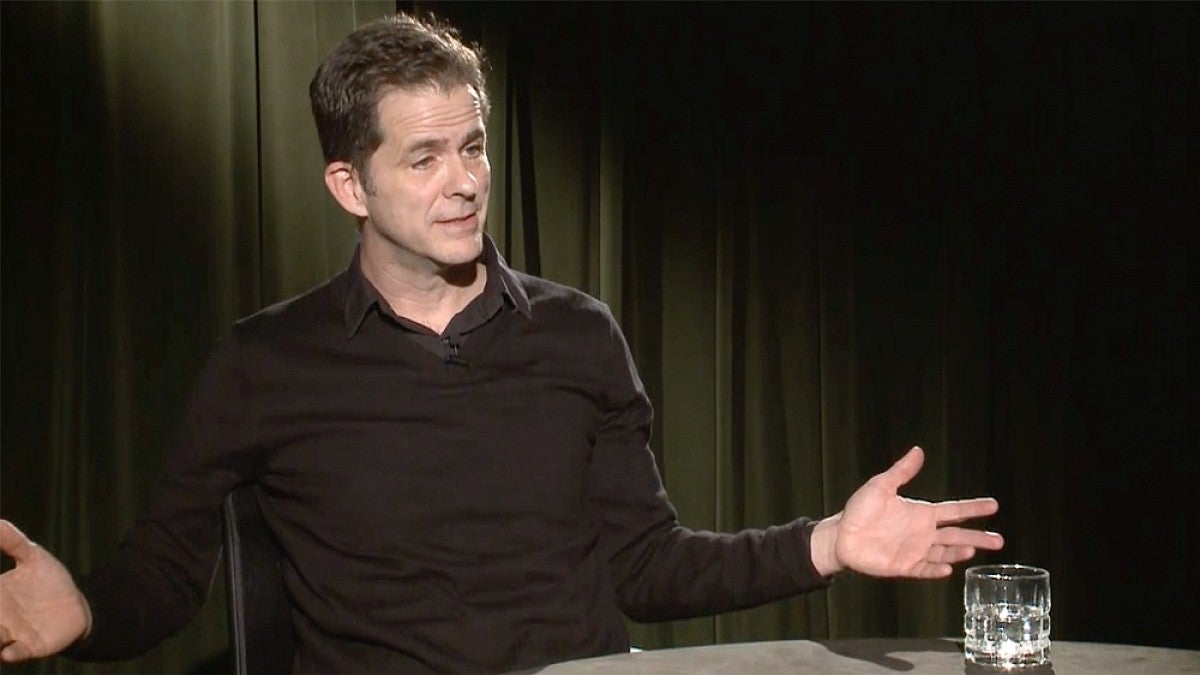On this week’s episode of UO Today, Joseph Lowndes, a UO associate professor of political science, discusses the history of conservative populism and the “New Right.”
Lowndes grew up in a conservative household in the South, but he says he started leaning politically left in his teen years. While in graduate school he started to read accounts of the rise of modern conservatism.
“The accounts seemed a little wooden or one-dimensional,” he said. “I thought that there was much more to the story that had to be told or understood about why and how people were attracted to conservative ideas, how a mass movement was built, how the Republican Party in kind of a renovated form came to dominate politics. I came of age in the Reagan era, so part of it for me was figuring out how all this happened.”
Lowndes explained that the social and cultural changes of the 1960s — such as second-wave feminism, the Black Power movement and the antiwar movement — challenged the bases of politics and of what some saw as tradition. This allowed the Republican Party to rebrand itself from the party of the rich to the party that would defend the interests of white people and the traditional family.
“Part of what happened in the 1960s on the right was that there was a language of Middle America that starts to be introduced, the silent majority,” Lowndes said. “And the idea that you’ve got these hardworking people who pay their taxes, who don’t cause trouble, who you don’t see represented on college campuses or in Hollywood or among academics or bureaucrats. These people are particularly beleaguered and they need a voice, they need someone who’s going to represent them.”
After Mitt Romney lost the 2012 presidential election, Lowndes said, Republicans decided to shift the trajectory of their party to pursue the Latino vote, the gay vote and the women’s vote. This left room for a reassertion of Middle America again, “this time with a much more kind of hard-right white racist effect and specific political vision that had been at the party since really the late ’80s.”
Lowndes also talked about Ronald Reagan, new media platforms and how they are used in American politics, and about the Trump presidency.
“Part of what the Trump campaign does is frame economic issues as racial issues and as gender issues,” he said. “So decline in manufacturing has to do with kind of a loss of masculinity, a loss of racial status in the workplace, and this is how these things are pulled together in a way that really opens the door for a very sharp and right-wing politics and then brings in all these new voters into the Republican primaries.”
For the full interview, go to the UO Today channel.
“UO Today” is a weekly half-hour interview program hosted by Paul Peppis, a UO English professor and director of the Oregon Humanities Center. Each episode features a conversation with UO faculty and administrators, visiting scholars, authors or artists.
It is produced by the Oregon Humanities Center in collaboration with UO Libraries’ Center for Media and Educational Technology. An archive of past interviews is available on the Oregon Humanities Center’s website or on their YouTube channel.


